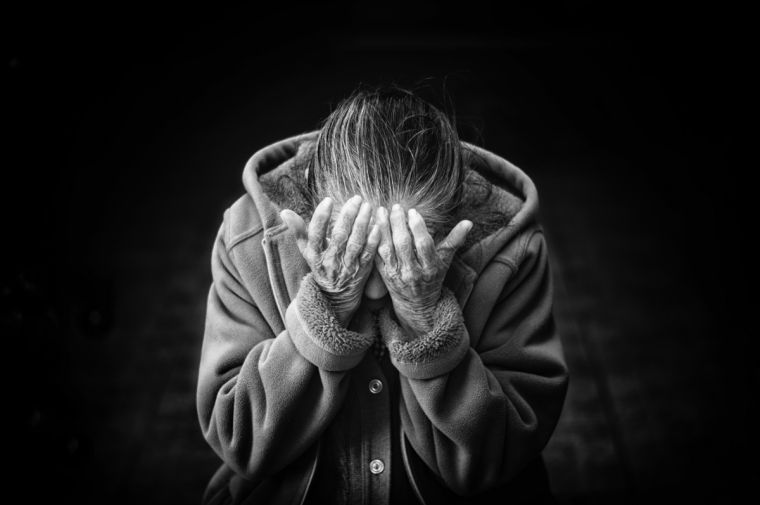Exorcisms and the Church: Why it is vitally important that mental illness is not misdiagnosed as demonic possession

Exorcisms do matter, but they're a small part of the Christianity and mental health story.
This week we launched a new report, Christianity and Mental Health: Theology, Activities, Potential. Perhaps inevitably the coverage so far has focused on an issue which was dealt with only briefly; exorcisms.
I was wary of including exorcisms at all when writing the report. After all if someone really is demonically possessed, then we are not dealing with a true mental health issue, but a sinister foreign agent. I also feared it might distract attention from the huge amount of work going on in the mental health field more broadly by Christian groups.
Ultimately, it was included for two reasons. The first is that there really is some cause for concern. Exorcisms really do seem to be a booming industry and much of what is going on is done outside the rules and structures set up by churches to manage, monitor and conduct exorcisms. That in turn leads to the second reason it was included, which is that this is really the extreme end of a much broader issue. Christians can be guilty, and we heard plenty of example of this in interviews, of 'over-spiritualising' mental health issues, that is, treating everything as a spiritual issue, rather than a medical one.
This is not simply to dismiss the possibility of demonic possession. However, one chaplain to a mental health trust, who described himself as a 'Bible-believing evangelical' who took biblical accounts seriously, said that in all their experience they had 'never seen anything I would say that looked like demonic possession, but I've seen plenty of people who have been told that's what they're experiencing by other Christians'. Where people have a serious mental health issue it can not simply always be ascribed to spiritual causes.
The broader scope of this is that there is a real need for greater theological reflection on what mental health means and looks like in Christian langauge. The report outlines some Christian anthropological and biblical principles on which we might begin to build such a reflection. This work is vitally important. Mental health is now approaching the status of national crisis, with some one in ten of all adults suffering a mental illness. Faced with such a social issue we need Christians to get involved, but we also need them to get involved well, confident in the ground on which they're standing, and without the danger of making things worse by over-spiritualising medical issues.
The good news in the report is that although there are certainly challenges for Christians getting involved in this sector (not least in terms of how we form relationships with statutory and secular bodies that do not always accept faith bodies motivations as being good), there is a huge amount going on. From our report we've identified dozens of programmes, charities and activities done by Christian groups to engage in this sector. These range from chaplaincy work in clinical settings to suicide prevention charities, Christian counselling to support for clergy, and from major national charities to small local, volunteer run operations.
In that space exorcisms make up only a tiny percentage of the total activity. However, they are symptomatic of a real challenge for all Christians working in this space. How do we make sure that our theology and practice are both maximally authentically Christian, and also adhere to the highest standards when it comes to care for those suffering from mental illness? We hope that this report might be a starting point for a much broader conversation in that space.











